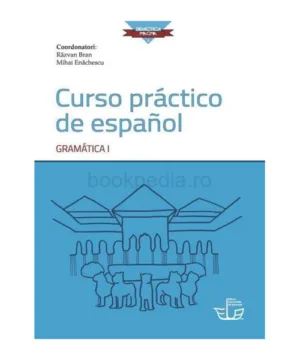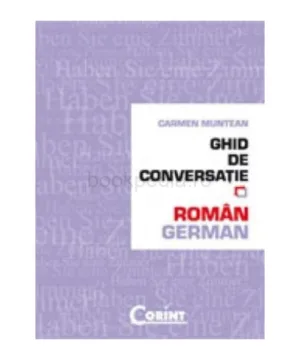Perdita. Royal Mistress, Writer, Romantic
20,00 lei
| Authors | Sarah Gristwood |
|---|---|
| Publisher | Astro |
| Year | 2005 |
| Pages | 456 |
Informații suplimentare
| General | |
|---|---|
| Authors | Sarah Gristwood |
| Publisher | Astro |
| Year | 2005 |
| Others | |
| Identification | |
| ISBN-13 | 9780593052082 |
| Format | |
| Dimensions | 155x240 |
| Pages | 456 |
Descriere
Few women's lives have described such an arc as that of Mary Robinson – or Perdita, as she was widely known. She began her career as an actress, royal mistress and possible blackmailer, and ended it just two decades later as a Romantic poet and early feminist thinker of note. She was the subject of paintings by Gainsborough and Reynolds, and of a hundred political cartoons. Variously portrayed as a wounded innocent and a harlot, she deliberately chose, in her later career, to make a political issue of her sexuality. Born in 1758 in the shadow of Bristol cathedral, she married at fifteen – one Thomas Robinson, an articled clerk of seemingly good family. But Mary had barely made her curtsey to society before discovering that Robinson was little better than a conman. As things grew worse, she followed her husband into debtors' prison, where she wrote her first book of poems. Encouraged by Sheridan and Garrick, who admired her beauty, she went on the stage, and over the next four years appeared in nearly forty plays before being cast as Perdita in A Winter's Tale. The performance was witnessed by the 17-year-old Prince of Wales, and they embarked on a widely satirized liaison that saw the prince offering to pay Mary £20, 000 when he came of age. Mary had made her mark in fashionable Georgian high society and this, over the next two momentous decades, was where she contrived to stay. Mary's brief life saw a radical change in western society. Born at a time when women dressed their hair with powder and wore stiff brocade over whalebone, she died when simple muslin shifts clad women in comparative nudity; a sea change as abrupt as any before the advent of the mini-skirt. Above all, her career saw the moments when the French queen lost her head, and America declared independence. With all these events, Mary Robinson was associated; sometimes directly. This wonderful biography, vividly and compellingly told by the acclaimed biographer of Arbella Stuart, will explore Georgian England during a period of extreme political upheaval through the life of one extraordinary woman.
Produse similare
24 heures à Paris + MP3 téléchargeable
Amaia se conecta, Black Cat Lectores españoles y recursos digitales, CD audio, A2, Nivel 2
Complete Advanced Workbook without answers with audio CD
Barbara Thomas, Laura Matthews
















